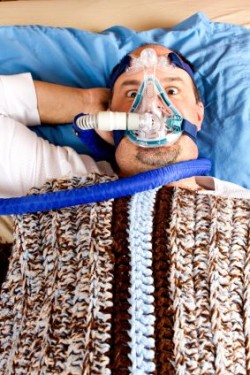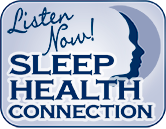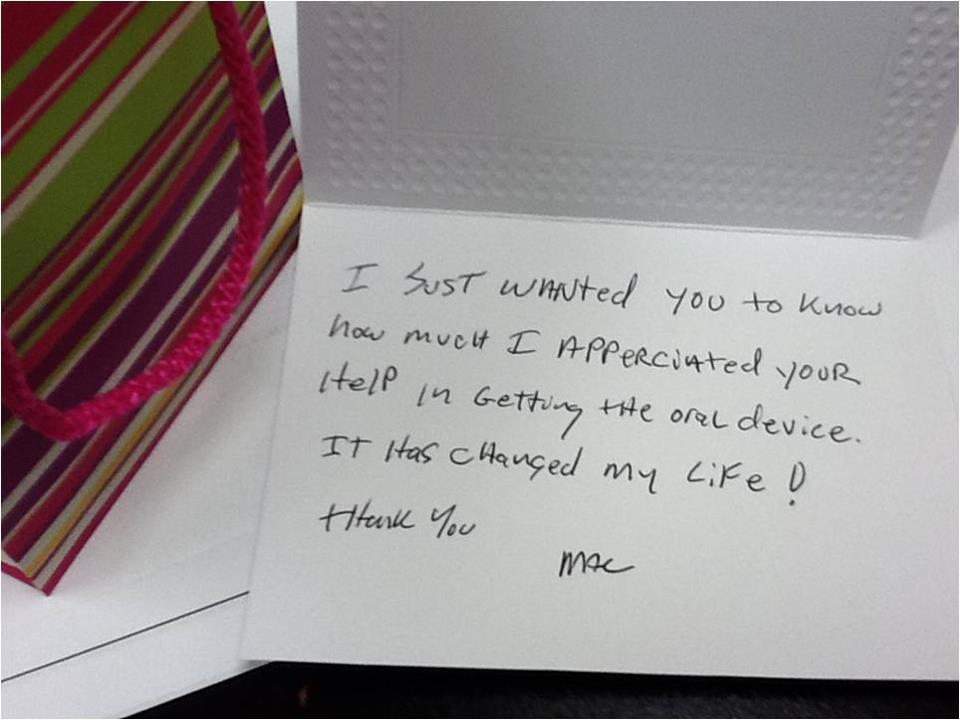I Hate my CPAP! Why did it take years to find a CPAP Alternative Treatment?
 In our last blog, Another Successful CPAP Alternative Case in Naperville!, we described how it took years for one of our patients to go from being diagnosed with snoring and obstructive sleep apnea to getting great high quality sleep. Years of struggling with CPAP (Continuous Positive Air Pressure machine) problems had finally been stopped with the use of a custom made professionally prescribed mouth retainer (oral appliance therapy). No snoring, improved energy, and just good sleep!
In our last blog, Another Successful CPAP Alternative Case in Naperville!, we described how it took years for one of our patients to go from being diagnosed with snoring and obstructive sleep apnea to getting great high quality sleep. Years of struggling with CPAP (Continuous Positive Air Pressure machine) problems had finally been stopped with the use of a custom made professionally prescribed mouth retainer (oral appliance therapy). No snoring, improved energy, and just good sleep!
Unfortunately, for a variety of reasons, prescribing physicians often overlook oral appliance therapy (OAT) for the treatment of snoring and apnea. Here are just a few reasons why:
- Lack of knowledge about oral appliance therapy within the physicians’ world remains the primary reason for lack of guidance towards OAT.
- For many, especially moderate to severe cases, or those that are very sleepy during the day, CPAP remains their best quickest option, at least early on.
- Very unfortunate remains the fact that physicians who ARE aware of OAT feel that these devices are too expensive and may not work, and may discourage patients from even trying oral appliance therapy. This truly saddens me.
- Some geographical areas do not have many dentists who are trained in snoring and apnea treatment. Rarely is this area taught in dental schools.
- Some medical facilities obtain revenues from the CPAP industry, and as a result have a financial interest in having patients go the CPAP route. Their focus is often on what is easily accessible, and what has the highest success rates (if used).
- OAT crosses the MD – -DDS barrier more than any other dental treatment. Ongoing communications between these worlds are often minimally existent. Both sectors are needed and it takes effort to coordinate treatment and referral process.
- Medical facilities often lack a highly evolved system in following up with previously diagnosed patients. Many just fall though the cracks and alternatives are rarely given.
It has been well over 15 years when I had first entered the world of dental sleep medicine. Reflecting on this, I am amazed that many obstacles to treatment that were present then are still present today. Obstacles of getting good sleep through custom oral devices have not changed. My professional ‘wish’ in the world of dental sleep medicine is that the medical and dental worlds unite, and put the patient’s sleep their number one priority by directing them to the best treatment for their snoring and apnea condition.
Dental Sleep and TMD Center of Illinois, a premiere snoring and apnea treatment center in Naperville, has been providing the CPAP alternative treatment of oral appliance therapy for over 15 years successfully. We are extremely passionate in helping individuals that have been struggling with CPAP therapy in Naperville, Lisle, Aurora, Bolingbrook and surrounding Chicago suburbs. For more information on this physician recommended treatment option call us at (630) 369-5508.
>>To receive notice of when we add blog posts please subscribe by RSS feed or enter your email address to the left and receive notice in your inbox.<<







(630) 369-5508